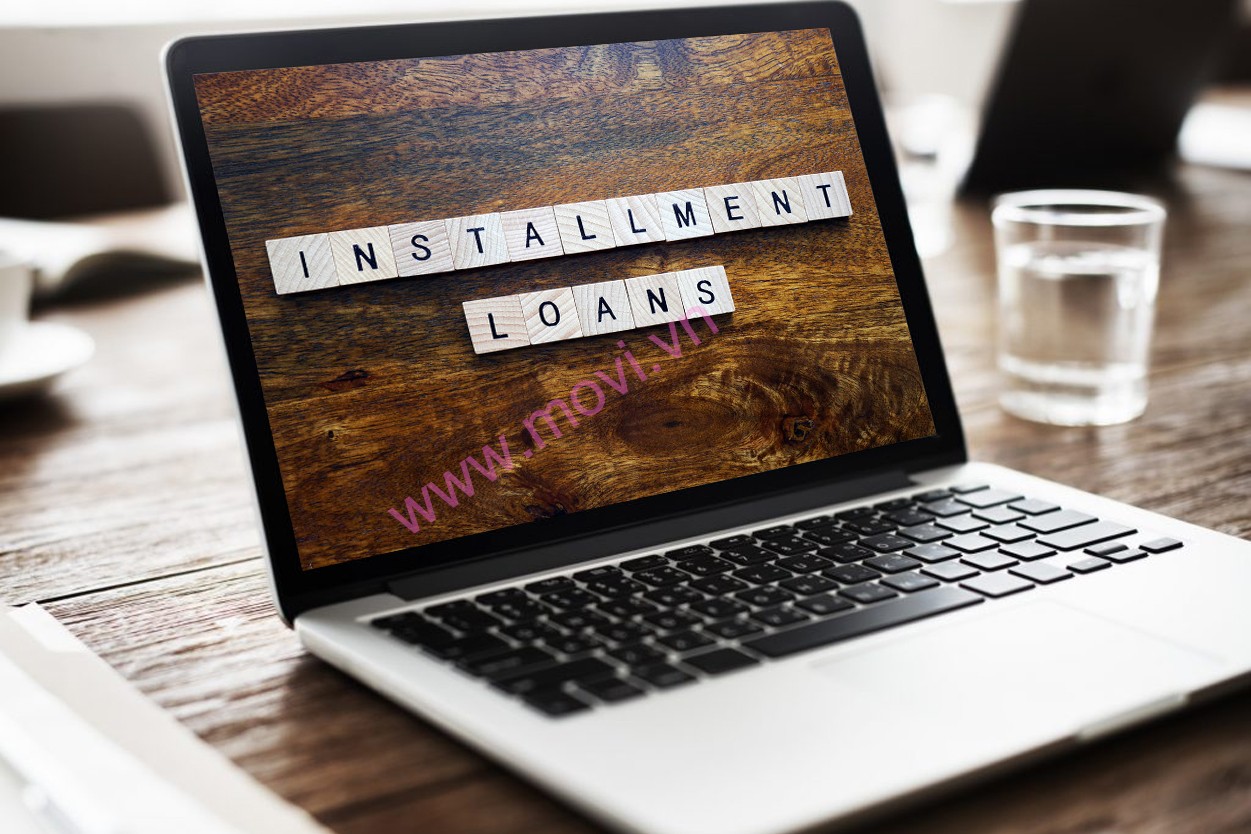
Loading
What is an installment loan?
Installment loan is actually a normal credit product. In fact, you probably already have one or two of your own.
Installment loans, also known as installment credits — are credit accounts that you will repay within a certain period of time. They may or may not include interest.
How you handle your personal loan can affect your credit score.

How Does an Installment Loan Work?
When you take out an installment loan, you immediately receive the money you’re borrowing or the item you’re purchasing. You pay it off—sometimes with interest—in regularly scheduled payments, known as installments. You typically owe the same amount on each installment for a set number of weeks, months or years. Once the loan is paid back in full, the account is closed permanently.
An alternative to an installment loan is quick cash advance, like a credit card. Unlike installment credit, revolving credit is open-ended. That means it can be used and paid down repeatedly for as long as the account remains open and in good standing.
Types of Installment Loans
There are different types of installment loans, and they can be secured or unsecured. This refers to whether you need an asset, or “collateral,” that could be used to pay back the loan if you can’t. Each loan’s interest rate, repayment term, fees and penalties may be different. So whatever you’re in the market for, it’s a good idea to shop around.
Here are some of the most common types of installment loans:
Auto Loans
Auto loans can help you pay for a new or used car. An auto loan is secured by the car you buy. Auto loans usually have fixed interest rates and repayment periods that typically range from two to seven years.
Mortgages
A mortgage is used to buy a house and is secured by the house. There are lots of different types of mortgages. The most common are repaid over 15 to 30 years.
Student Loans
Whether federal or private, student loans are unsecured and help pay for undergraduate, graduate and other forms of post-secondary education. Unlike other installment loans, you usually don’t have to start repaying a student loan straight away. Instead, you can typically wait until after you graduate and find a job.
Personal Loans
Unlike an auto loan, mortgage or student loan, a personal loan doesn’t have to be used for a particular purchase. Personal loans can be used to do things like consolidate outstanding debt, make home or car repairs, or pay an unexpected bill. Most personal loans are unsecured.
Installment purchase loans
You might have come across a installment purchase—also known as point-of-sale financing—while shopping. Some retailers offer the option at checkout. Installment purchase loans let you spread out your payments over a few installments, instead of paying for what you purchase right away. The repayment schedule can range from a few weeks to multiple years, depending on the retailer and purchase.
Quick cash advance at Movi
At Movi, it's easy to get quick cash advance as we don't ask you to provide information about past loans or even payments with Movi. If this is your first time making a quick cash advance, we encourage you to register as a Movi customer via the Android or iOS app to fulfill your financial needs.

Pros and Cons of Installment Loans
Like all types of credit, an installment loan comes with pros and cons. And whether it’s the right choice for you depends on your specific situation. Here are some points to consider:
Pros
- Ability to cover a large expense: Installment loans can give you fast access to the money you need for bigger purchases.
- Predictable regular repayments: With an installment loan, you know what your installment amount is going to be. And that can make budgeting easier.
- Chance of refinancing: If interest rates fall or if your credit score improves, you might get a chance to refinance. This could lower your monthly payments or shorten your repayment schedule. Keep in mind that there could be other costs and drawbacks involved with refinancing.
Cons
Not open-ended: It’s unlikely you’ll be able to add to your loan amount if you find you need more.
- Potentially long commitment: Some installment loans come with long repayment terms. That means a borrower has to commit to making regular payments over a long period of time. And be sure to read through the loan’s terms and conditions to see if there are any penalties for paying the loan off early.
- You may be charged interest: Interest might not be charged on some installment loans. But keep in mind that if interest is charged, then the interest rate might depend on the type of installment loan and the borrower’s credit score. Those with lower scores may get higher interest rates. And the higher the rate, the more you could end up paying for the loan.
Installment Loans and Credit Scores
An installment loan—and how you use it—could have an impact on your credit scores. And guess what? Your credit scores could also have an impact on your installment loan. Lenders take your scores into account when deciding whether to offer you a loan. Your credit score can also influence the interest rates and terms you’re offered.
When it comes to how an installment loan could affect credit scores, it can be hard to predict.
How an installment loan affects you specifically also depends on your own unique financial situation. Plus, not all installment loans are reported to the credit bureaus. But if your installment loan is reported, it could help or hurt your credit scores when you’re:
- Applying for a loan: Applying for a loan could trigger a hard credit inquiry. According to the Consumer Financial Protection Bureau (CFPB), those kinds of inquiries could negatively affect your credit score.
- Using a loan: You could hurt or help your credit scores depending on whether you use your loan responsibly and make on-time payments. Your credit mix and credit utilization ratio can also change when you add a new loan. And according to the CFPB, these are all factors used to calculate your credit scores.
Keep in mind that there are other factors that can affect your credit scores. And you’ll need to keep an eye on them all if you want to get and keep good credit scores.
Thinking About Applying for an Installment Loan?
An installment loan can be an option in many different situations—from making a big purchase to consolidating your debt. And, if you can make the payments on time and pay off the loan as agreed—and your account is reported to the credit bureaus—it could have the added bonus of improving your credit score.
If the installment loan you’re thinking of applying for charges interest, keep in mind: With good credit, you could be offered a lower interest rate. And if you have average or below-average credit, you could still be eligible for financing, but it may come with a higher interest rate.
If you are considering an installment loan, a good first step is to check your credit score. Don't forget that it's also helpful to continue checking your credit report after you've received the loan. It can help you know where you stand. And it can help you take control of your credit.







